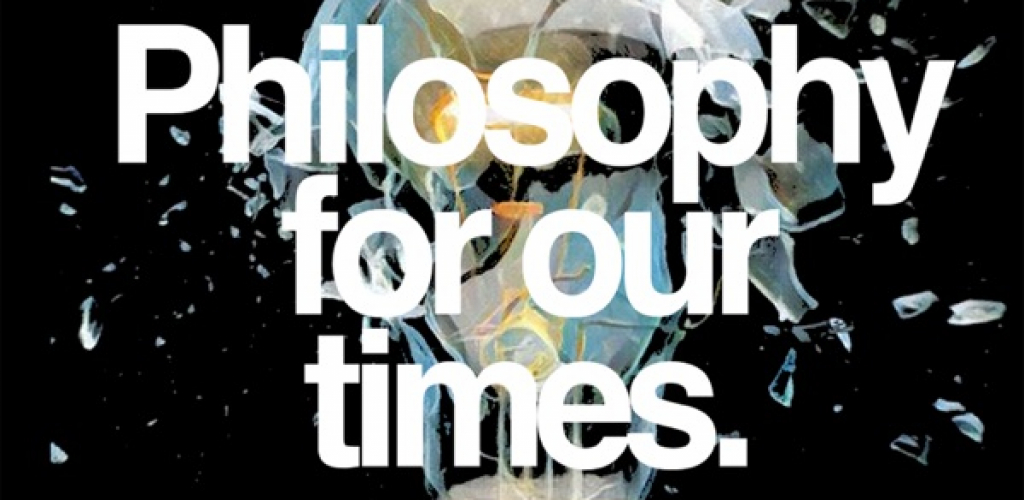Human nature and the possibility of utopia
The idea of utopia - of a perfect society devoid of suffering and inequality - is planted firmly in the human imagination and psyche. From pre-biblical times to Thomas More and communism and beyond, widely disparate groups have attempted to plan or create a utopia.
But is it achievable? And if not, why not?
Join unconventional psychologist Paul Bloom as he makes the case for the impossibility of utopia given certain key features of human nature. We are not meant, he argues, for perfect harmony and equality. Paul Bloom is a researcher of perversion and suffering, so his perspective brings interesting insights on the question.
But what do you think? Can we ever achieve utopia? Email us at podcast@iai.tv with your thoughts or questions on the episode!
For the video mentioned in the talk (Woman throws cat into wheelie bin): https://www.youtube.com/watch?v=eYdUZdan5i8
To witness such topics discussed live buy tickets for our upcoming festival: https://howthelightgetsin.org/festivals/
And visit our website for many more articles, videos, and podcasts like this one: https://iai.tv/
You can find everything we referenced here: https://linktr.ee/philosophyforourtimes
See Privacy Policy at https://art19.com/privacy and California Privacy Notice at https://art19.com/privacy#do-not-sell-my-info.


